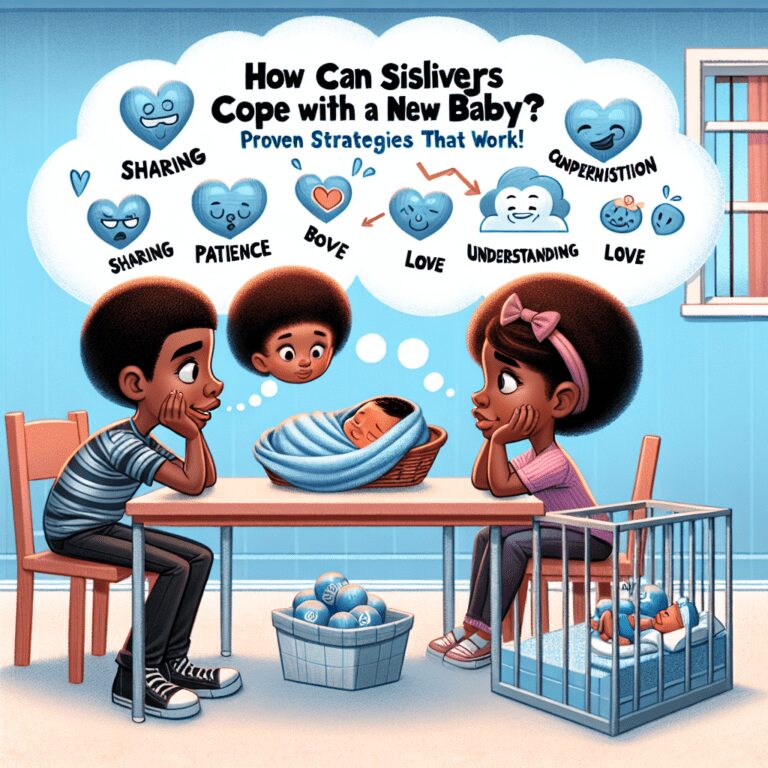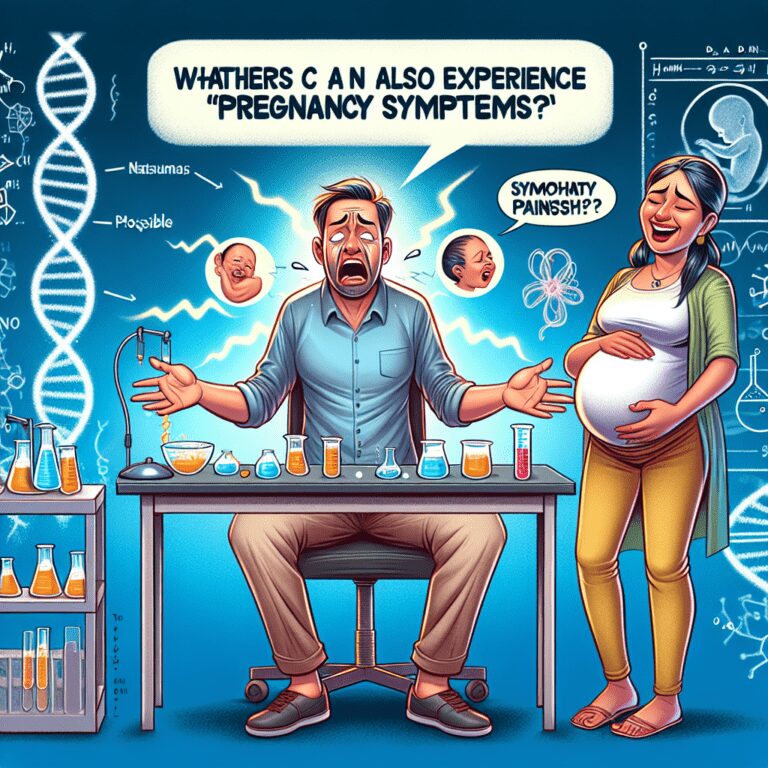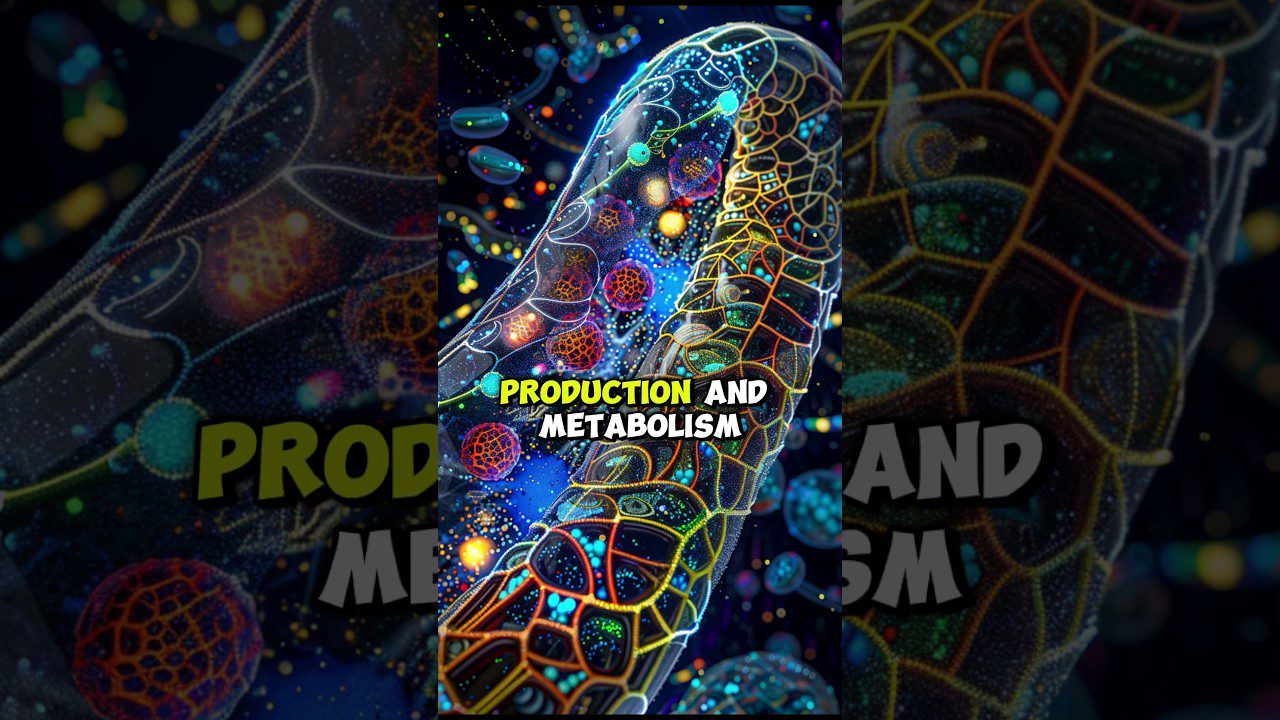
What to Look For: Understanding the Early Indicators of Postpartum Depression
The journey into motherhood can be a beautiful and transformative experience. Yet, for many women, it may also present emotional challenges, including postpartum depression (PPD). Recognizing early indicators is crucial in navigating these feelings effectively. Understanding what to look for can empower new mothers and their support systems, encouraging timely intervention and healing.
Features of Postpartum Depression
Postpartum depression manifests through various emotional and physical symptoms. Recognizing these features early can facilitate effective support and treatment. Common signs include:
- Persistent Sadness: An overwhelming sense of despair that doesn’t seem to lift.
- Loss of Interest: Withdrawal from activities that were once enjoyable.
- Fatigue: An immense sense of tiredness, not just from lack of sleep.
- Anxiety: Constant worry, often about the well-being of the baby.
- Irritability: Increased frustration and mood swings affecting daily interactions.
- Changes in Appetite: Eating significantly less or more than usual, leading to noticeable weight loss or gain.
- Sleep Disturbances: Difficulty falling asleep or staying asleep, even when the baby is sleeping.
- Feelings of Worthlessness: A pervasive sense of inadequacy as a mother.
- Guilt: An intense feeling that you’re not doing enough for your baby.
- Withdrawal from Loved Ones: Pulling away from friends and family who offer support.
Understanding these features helps in identifying PPD and initiating conversations about mental health.
Overview of Postpartum Depression
Postpartum depression is more than just the “baby blues.” While feelings of sadness can occur shortly after childbirth, PPD is a more severe, longer-lasting condition that affects a significant number of new mothers. It’s characterized by a combination of emotional and physical challenges that impede daily functioning.
Recognizing PPD early allows for the implementation of effective coping strategies and professional support, leading to a healthier adjustment to motherhood.
Why Postpartum Depression Occurs
Biological, psychological, and social factors contribute to the onset of postpartum depression. Significant hormonal changes occur after childbirth, which can alter mood. Additionally, the pressure to be the perfect mother can result in intense stress. Issues such as inadequate support or traumatic birth experiences can increase vulnerability to PPD.
Understanding these root causes promotes empathy and patience in addressing the emotional needs of new mothers.
Who is Affected by Postpartum Depression?
Although PPD can affect any woman following childbirth, certain individuals may be at higher risk. Factors include:
-
- Previous Mental Health History: A history of anxiety or depression significantly raises the likelihood of experiencing PPD.
-
- Complicated Birth: Traumatic or unplanned births can contribute to emotional struggles.
-
- Lack of Support: Isolated mothers, whether due to distance from family or lack of partner involvement, face higher risks.
-
- Unplanned Pregnancies: The emotional adjustment period may be more challenging for those unprepared for motherhood.
-
- Multiple Births: The demands of twins or multiples can overwhelm even the most prepared parents.
Awareness of these demographics fosters supportive networks and targeted interventions.
This understanding is vital for various stakeholders, including:
-
- New Mothers: Gaining awareness of their emotional health can encourage seeking help.
-
- Family and Friends: Loved ones can learn how to provide the right support and seek professional assistance when needed.
-
- Healthcare Providers: Medical professionals can better screen new mothers for postpartum depression, enhancing care strategies.
-
- Maternal Support Groups: Sharing information within communities helps strengthen collective understanding and care systems.
Equipping these individuals with knowledge strengthens the framework for emotional wellness during postpartum recovery.
What is Postpartum Depression?
Postpartum depression is a complex mental health issue that extends beyond minor mood swings. It encompasses overwhelming feelings of sadness, anxiety, and/or exhaustion, significantly impacting a mother’s ability to care for herself and her baby. Differentiating between typical emotional fluctuations after childbirth and genuine depression is essential in addressing the condition effectively.
Awareness and education regarding PPD help in dispelling stigma and encourage more open conversations about postpartum mental health.
Various resources exist for mothers experiencing postpartum depression, including:
-
- Healthcare Providers: Obstetricians, midwives, and mental health specialists can offer assessments and treatments.
-
- Support Groups: Local or online support groups provide safe spaces for mothers to share experiences and coping strategies.
-
- Therapists: Licensed professionals specializing in maternal mental health can offer tailored therapeutic approaches.
-
- Hotlines: National and local hotlines provide immediate support and guidance.
-
- Community Programs: Many communities offer parenting classes that include mental health awareness components.
Recognizing these options ensures mothers have access to the care they need.
When Should Support Be Sought?
Recognizing the timing for intervention is paramount. Seek help if feelings of sadness, anxiety, or hopelessness persist beyond a few weeks postpartum. Signs that indicate a need for immediate help include:
-
- Thoughts of Self-Harm: Any considerations of harming oneself or others require immediate intervention.
-
- Inability to Care for the Baby: If a mother feels incapable of providing basic care, professional support is critical.
-
- Severe Mood Swings: Extreme emotional shifts may require attention and evaluation.
Understanding these timelines encourages timely support and interventions.
Empowerment through knowledge enables proactive measures. New mothers and their support systems can:
-
- Educate Themselves: Learn about PPD, its signs, and treatment options.
-
- Encourage Open Dialogue: Foster conversations about mental health within families and communities.
-
- Promote Self-Care: Prioritize personal well-being alongside childcare responsibilities, recognizing that self-care is not selfish.
Proactive measures can mitigate the impact of postpartum depression, leading to healthier relationships and improved overall well-being.
Pros and Cons of Recognizing Early Indicators of Postpartum Depression
Understanding early indicators of postpartum depression holds numerous advantages, but there may also be challenges.
Pros:
-
- Early Intervention: Prompt actions can lead to timely support and treatment.
-
- Reduced Stigma: Open conversations can normalize discussions about mental health.
-
- Improved Outcomes: Awareness can lead to better-coping strategies and support networks.
Cons:
-
- Fear of Judgment: Mothers may fear stigma associated with seeking help for mental health.
-
- Misdiagnosis: Symptoms may be attributed to typical postpartum issues without proper evaluation.
-
- Lack of Resources: In some areas, adequate mental health resources may be limited.
Recognizing these pros and cons empowers mothers and their families to navigate emotional health more effectively.
Similar Conditions to Postpartum Depression
Several conditions may mimic or occur alongside postpartum depression, including:
-
- Baby Blues: A milder, short-lived version of PPD that commonly occurs within the first few days postpartum.
-
- Postpartum Anxiety: Characterized by excessive worry that can accompany PPD.
-
- Postpartum Psychosis: A rare, severe condition that includes hallucinations and delusions, requiring immediate medical attention.
-
- Adjustment Disorder: Emotional or behavioral symptoms in response to life changes, including childbirth.
Awareness of these related conditions allows for improved coping strategies and treatment approaches.
FAQs
1. What differentiates postpartum blues from postpartum depression?
Postpartum blues are temporary mood fluctuations experienced shortly after childbirth, typically resolving within a few days. In contrast, postpartum depression lasts longer and significantly impacts daily functioning.
2. How common is postpartum depression?
Approximately 1 in 7 mothers experiences postpartum depression, making it a prevalent issue in maternal health.
3. Can fathers experience postpartum depression?
Yes, new fathers can also experience postpartum depression, often related to changes in family dynamics and increased responsibilities.
4. What treatments are available for postpartum depression?
Common treatments include therapy, medications, support groups, and lifestyle adjustments. Individualized approaches yield the best results.
5. How can family and friends help someone with postpartum depression?
Supporting someone with PPD includes listening without judgment, encouraging professional help, and providing assistance with daily tasks.
Instantly Access Your FREE Children’s Books Here!
Disclaimer: As an Amazon Associate, I earn from qualifying purchases. I may earn a commission from qualifying purchases as an affiliate. Please note that I only recommend products I believe will provide value to my readers.








